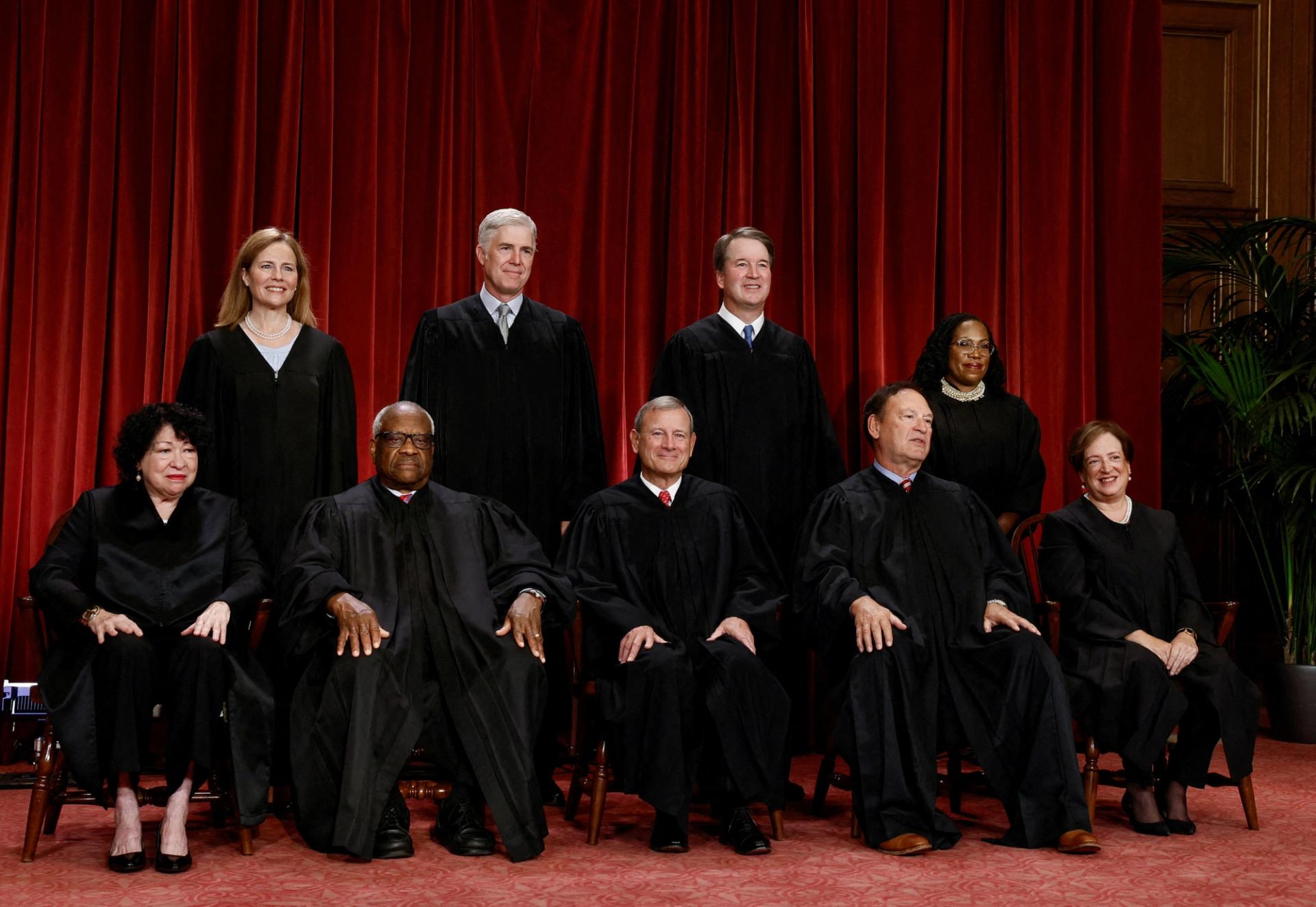The News
The U.S. Supreme Court has ruled that affirmative action for university admissions is unconstitutional in two cases presented before the court.
The conservative majority ruled 6-3 in Harvard’s case and 6-2 in University of North Carolina’s case because Justice Ketanji Brown Jackson recused herself from the latter.
We’re curating insightful analysis and opinions on the ruling’s impact on diversity in classrooms.
Insights
- The ruling will leave many open questions about how universities will fashion race neutral workarounds to maintain campus diversity because “there is no substitute for race-based affirmative action,” Liz King at the Leadership Conference on Civil and Human Rights told Politico. Better off schools could be expected to prioritize low-income ZIP code applicants, but states that have already banned affirmative action have struggled to maintain demographically representative classrooms, and in some cases have seen minority applications drop.
- White and Asian students most benefit from admission to highly-selective public schools where affirmative action is banned, a Washington Post analysis found. In some of these states, Black and brown student bodies are up to 29 points below the state’s demographic makeup of their racial groups.
- A national campaign to fund local Black tech hubs and workshops is crucial without affirmative action, writes Brooking’s Rodney Sampson. With a powerful tech sector, one way to circumvent a likely drop in Black college graduates is to start building a new generation of Black tech entrepreneurs.
- Historical Black colleges and universities (HBCUs) will likely see applications soar in the upcoming cycles, Morehouse College President David Thomas argues, adding that the ruling will see more and more Black students rejected from selective schools.
- More Americans disapprove of affirmative action than approve of it, according to a recent Pew poll. Only 33% of respondents actually approve of race-based admission considerations, though the disparity is clearer along partisan lines, with 14% of Republican voters approving compared to 54% of Democrats.
- A footnote in Thursday’s opinion allows military academies to keep affirmative action for now, with Chief Justice John Roberts writing that these schools have “potentially distinct interests.” There has long been discussion about the benefits of having a racially-representative leadership cadre within the military to promote cohesiveness and accountability. — The New York Times
Know More
The opinion ruled that affirmative action violates the Constitution’s Equal Protection clause.
Notably, the ruling does not limit all admission considerations based on race, though it does limit them significantly. Universities may consider an applicant’s “discussion of how race affected his or her life” so long as they are “treated based on his or her experiences as an individual—not on the basis of race,” the opinion reads.
President Joe Biden said after the ruling that he will direct the Department of Education to look into what can be done to build more diverse student bodies, including reviewing practices like legacy admissions. “We cannot let this decision be the last word,” Biden said, later taking a swipe at the Supreme Court as “not a normal court.”
Democrats widely condemned the ruling, arguing affirmative action was meant to counter existing racial barriers, like biased standardized testing and favoring donor-based admissions.
“Our democracy depends on equity in education from preschool to college to vocational school and beyond so that every young person in our country has access to the tools they need to unlock their brilliance and reach their full potential,” said New York Rep. Jamaal Brown.
Republicans, many of whom described affirmative action as “social engineering” over merit, hailed the ruling.
“Today’s rulings make clear that colleges may not continue discriminating against bright and ambitious students based on the color of their skin,” said Senate Minority Leader Mitch McConnell.
In a separate case, the conservative justices also ruled 6-3 to strengthen a decades-long precedent that employers must provide religious accommodation.
